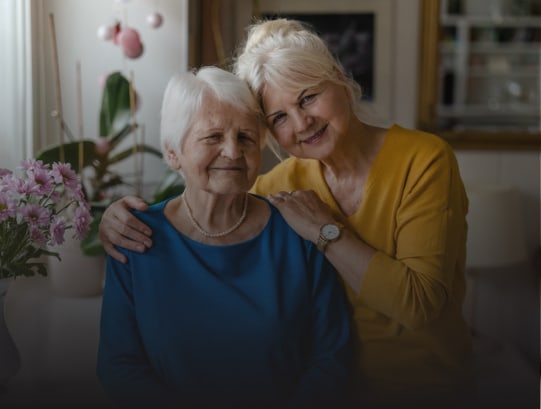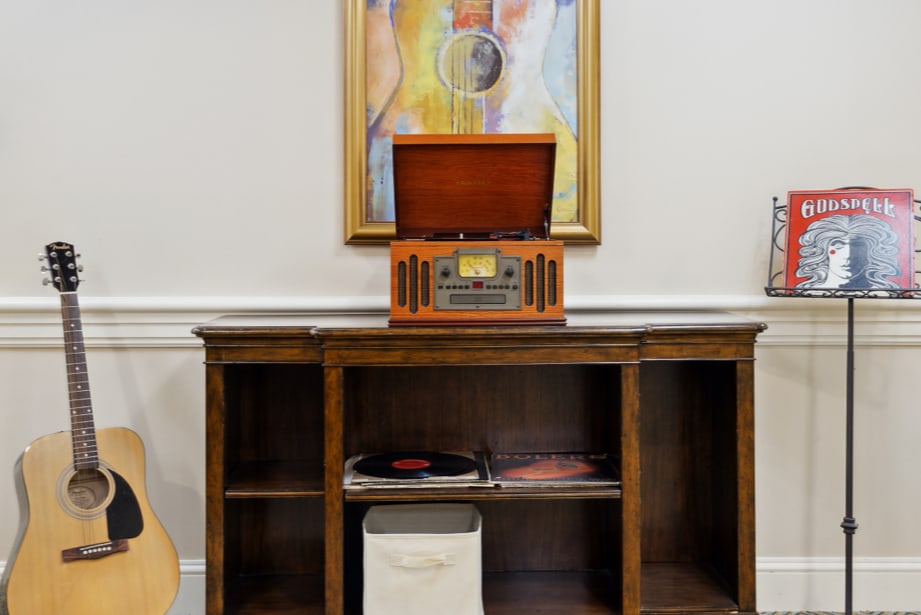It’s easy to feel overwhelmed when trying to understand voting rights. When dementia is a factor, this becomes much more complex. Dementia affects cognitive functions in many ways, and it can sometimes compromise a person’s legal abilities. So can people with dementia still vote?
It depends significantly on the level of cognitive decline at play. If a person is in the earlier stages of dementia, they’re still eligible to vote. However, if their condition worsens, this becomes difficult. Severe cognitive decline or an inability to understand or communicate sometimes does affect a person’s right to vote, but this depends on the specific state in question.
What Is Dementia?
Dementia is a collective term. It’s used to describe a range of symptoms caused by damaged brain cells. It doesn’t just affect memory—dementia affects:
- Behavior
- Personality
- Communication
- Problem-solving
- Judgment
These can all impair a person’s decision-making abilities. While Alzheimer’s disease is the most common type of dementia, it isn’t the only type. There are many types of dementia, each affecting the brain in different ways. These all eventually damage cells throughout the brain and affect a person’s cognitive ability.
Legal Barriers to Voting
It’s important to note that voting requirements often vary by state, city, or district. However, in general, voting requirements apply to everyone who is a US citizen. Other restrictions vary.
These requirements include those with dementia. However, this depends on their cognitive abilities. The Americans with Disabilities Act (ADA) plays an important role in protecting voters with disabilities. Under this act, middle-to-late-stage dementia classifies as a disability from a legal and medical standby.
However, state-specific laws may include additional criteria. This can sometimes require a person with dementia to undergo a mental competence evaluation. Other situations may require a legal guardian to make sure your loved one is fairly represented in their best interests.
The right to vote is protected in most situations, and these barriers are designed to make sure your loved one can vote for their chosen candidate. It allows them to make an independent informed choice about their future.
Practical Barriers to Voting
Legal barriers aren’t the only factor involved. When supporting a loved one with dementia, you need to consider the practical barriers they face. These aren’t about legality—they’re about accessibility, clarity, and cognitive challenges.
Voting can be an overwhelming process. With long lines, confusing ballots, or noisy environments, it’s easy to become stressed and frustrated. Meanwhile, some polling places may not be able to accommodate their unique needs. There may be:
- A lack of ramps or elevators
- Poorly marked signs
- Complex ballots or machines
Navigation may be difficult, and your loved one may not fully understand what to do next. If your loved one finds themselves overwhelmed, they may not want to stay and vote. Despite these challenges, you can still help.
Many states offer alternatives such as mail-in voting or absentee ballots, which provide a comfortable and familiar environment. Others offer voter assistance services to make the process easier for those involved.
Caregivers and families are encouraged to assist when possible. Understanding and explaining voting materials helps make sure your loved one can participate in the electoral process.
Criteria for Voting with Dementia
For a person with dementia to vote, they must meet certain qualifications. These include:
- Being registered to vote with the appropriate parties
- Demonstrating the mental competence required by law
- Understanding how to obtain, fill out, and submit the ballot
- Complying with any additional state-specific requirements
If your loved one’s cognitive condition is moderate to severe, visit a healthcare professional for a thorough evaluation. This can help you determine whether or not they’re eligible to vote.
In many situations, you can file for guardianship of your loved one. This allows you to assist them in the voting booth, from explaining their options to helping them through the process.

Caregivers play a pivotal role when a loved one needs support. By stepping in to help and learning more about the process, you can help your loved one participate in the electoral process.
Supporting Your Loved One Every Day
Dementia is a complicated journey full of twists and turns. However, by learning more about this condition and how you can help, you can empower your loved one to preserve their dignity and respect. The right to vote is valuable, and educating yourself is the first step to helping your loved one exercise this right.
At The Grande at Creve Coeur, our team takes pride in supporting older adults living with dementia. In our community, we work closely with residents and their families, no matter where they are on their journey. Contact our team today to schedule your visit with us—we’re ready to help.









